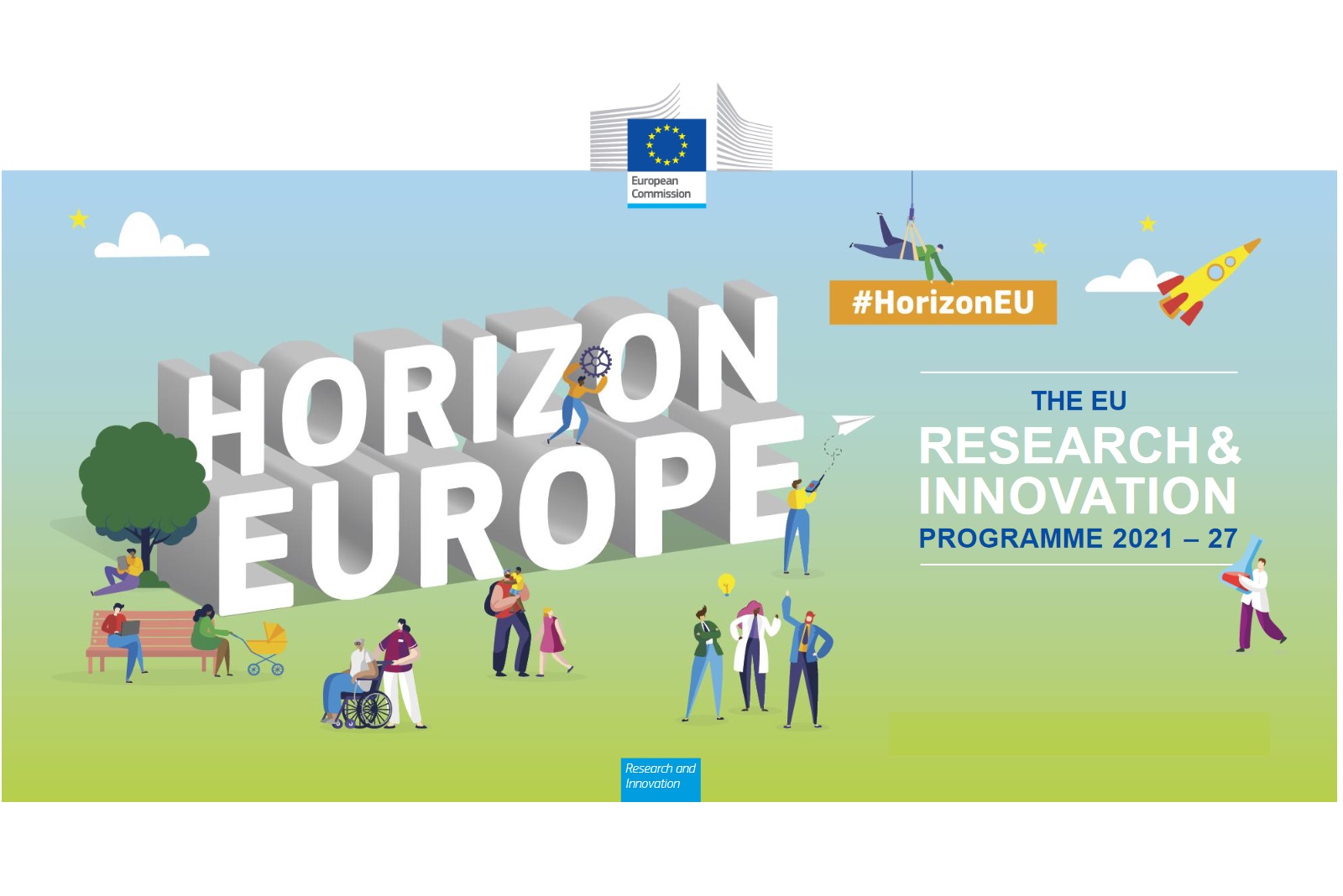
Governance
Groups & Contents tagged with "Governance"


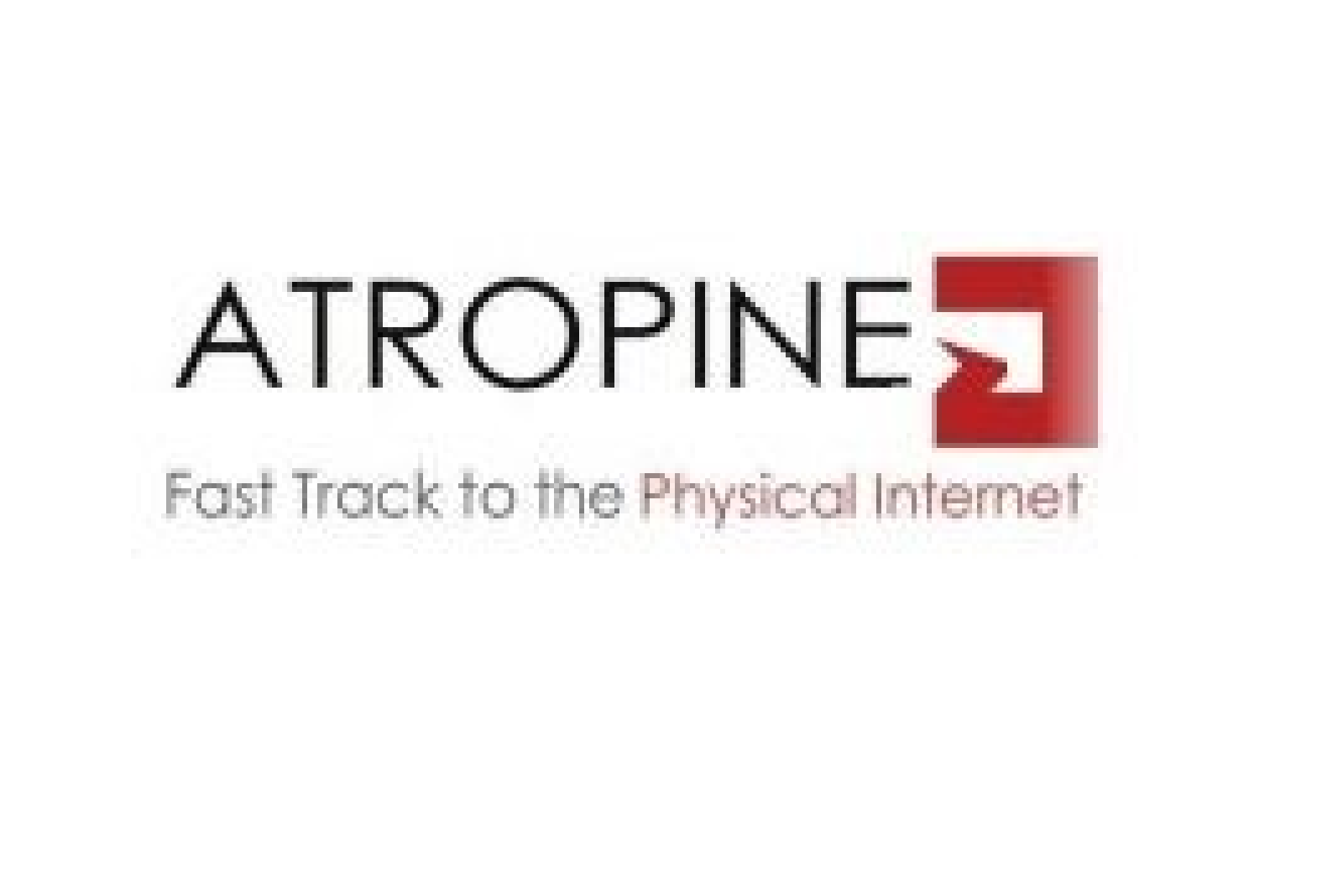
ATROPINE aims to join forces with research and corporate partners to create a Physical Internet model region in Upper Austria. Partial areas of this concern, for example, ′smarte′ load carriers, which can communicate with means of transport and/or shippers and transporters, and innovative business models, which promote the idea of a ′Sharing Economy′ Overall, the benefits of a Physical Internet system lie in the development of a more efficient and sustainable cooperation model for the transport of goods in order to minimise transport costs, increase productivity and reduce energy consumption at the same time. The ATROPINE project gives companies and research institutions in the Upper Austrian economic region the opportunity to be among the first in the new research field ′Physical Internet′ and to develop expertise.
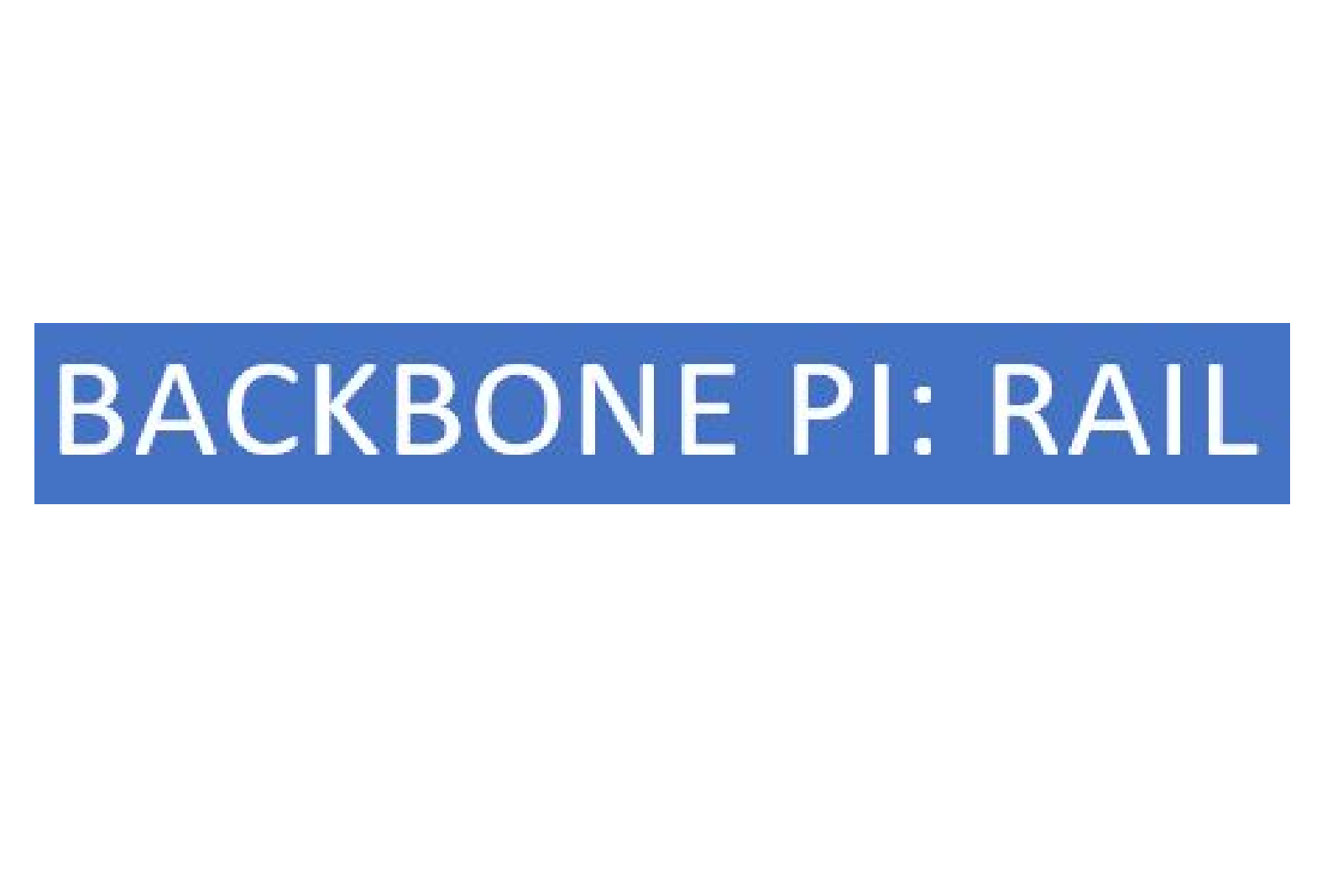
The proposed project aims to establish the rail
system as a backbone within the increasingly volatile environment of the Physical
Internet (PI). By early anticipation of uncertainties (order quantities,
follow-up transports, waiting times etc.) the wagon transforms to a flexible,
modular and profitable core element of the fully integrated and dynamic
transport system. To ensure high capability to service increasingly spontaneous
transport orders (“sharing platform” etc.) and smaller batches (“industry 4.0”
etc.), lead times have to be minimized and modularization of transports has to
be promoted. Thus, the objective is to continuously and proactively adjust
capacities and distribute resources through an extensive data usage
(“intelligent wagons”, horizontal/vertical cooperation, “intelligent traffic
systems”) and a (semi-)automatic processing of these data. In this way, an
economic added value for additional shippers (smaller batches with increasing
urgency) can be generated and thus, a modal shift from road to rail will be
obtained
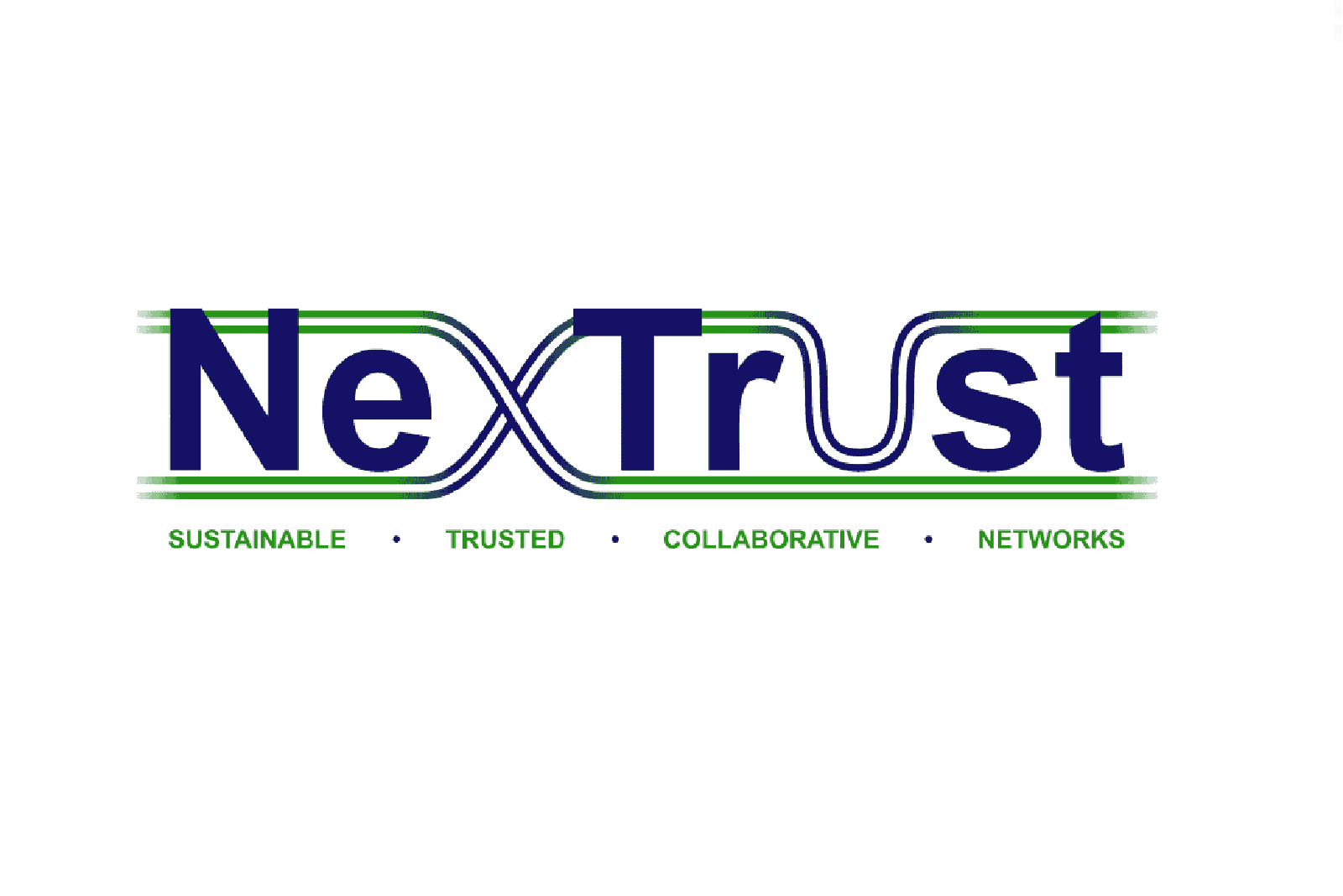
NEXTRUST objective is to increase efficiency
and sustainability in logistics by developing interconnected trusted
collaborative networks along the entire supply chain. These trusted networks,
built horizontally and vertically, will fully integrate shippers, LSPs and
intermodal operators as equal partners. To reach a high level of
sustainability, we will not only bundle freight volumes, but shift them off the
road to intermodal rail and waterway. NEXTRUST will build these trusted
networks ideally bottom up, with like-minded partners, adding multiple layers
of transport flows that have been de-coupled and then re-connected more
effectively along the supply chain. We will develop C-ITS cloud based smart
visibility software to support the re-engineering of the networks, improving
real-time utilization of transport assets. NEXTRUST will focus on research
activities that create stickiness for collaboration in the market, validated
through pilot cases in live conditions. The action engages major shippers as
partners (Beiersdorf, Borealis, Colruyt, Delhaize, KC, Mondelez, Panasonic,
Philips, Unilever) owning freight volumes well over 1.000.000 annual truck
movements across Europe, plus SME shippers and LSPs with a track record in ICT
innovation. The pilot cases cover the entire scope of the call and cover a
broad cross section of entire supply chain (from raw material to end-consumers)
for multiple industries. The creation and validation of trusted collaborative
networks will be market oriented and implemented at an accelerated rate for
high impact. We expect our pilot cases to reduce deliveries by 20%-40% and with
modal shift to reduce GHG emissions by 40%-70%. Load factors will increase by
50%-60% given our emphasis on back-load/modal shift initiatives. NEXTRUST will
achieve a high impact with improved asset utilization and logistics cost
efficiency, creating a sustainable, competitive arena for European logistics
that will be an inspirational example for the market.
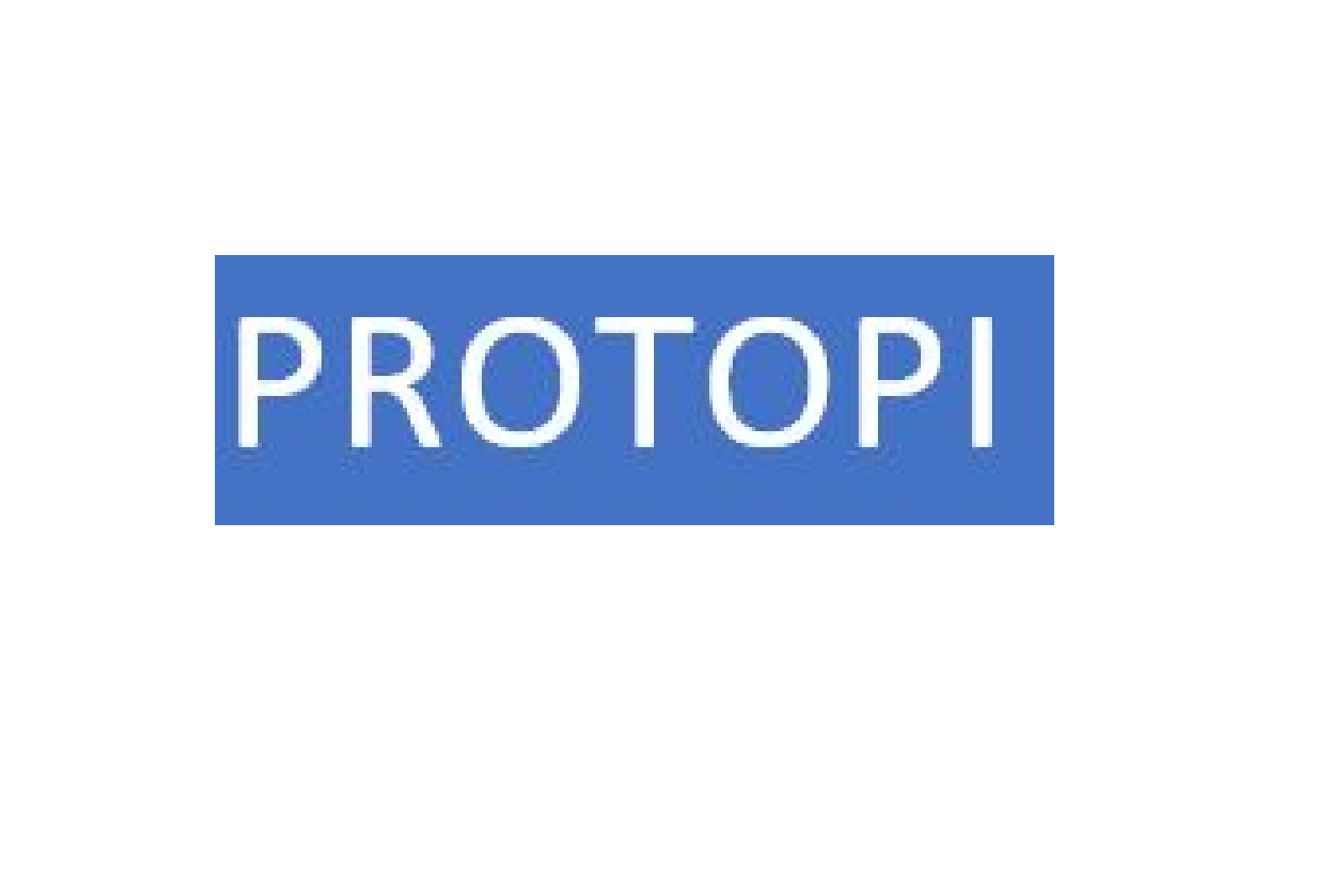
Based on existing supply chains a smart logistics system according to the visions of the Physical Internet will be designed and modelled for the economic regions Styria and Upper Austria.
The research focuses on intelligent networking of senders, carriers and
receivers using innovative web technologies (logistics 4.0) as well as a
future-oriented, cooperative business model (asset sharing in coopetition).
This shall lead to resource efficiency, measurable traffic reduction and
increased competitiveness of the region.
